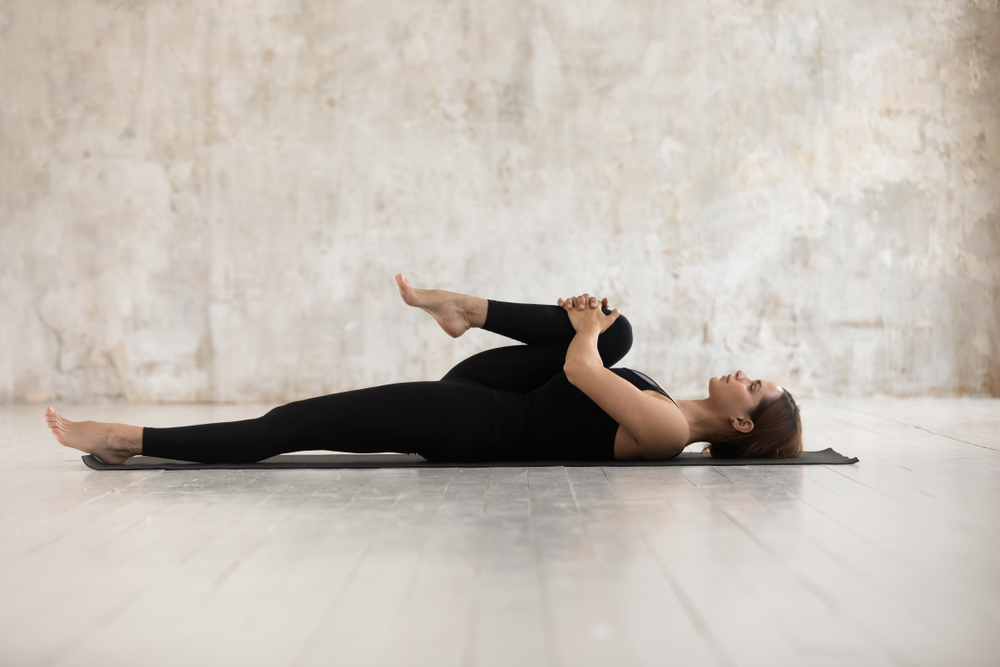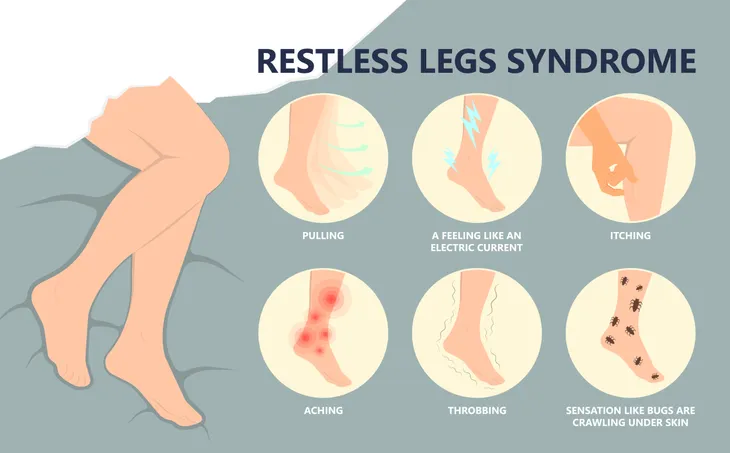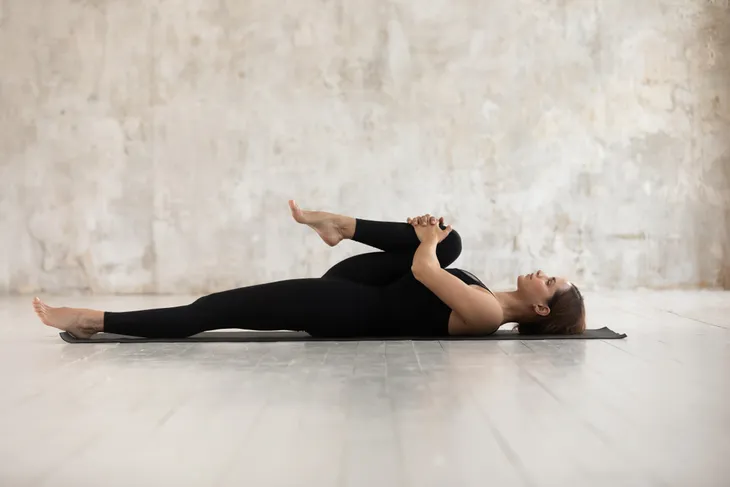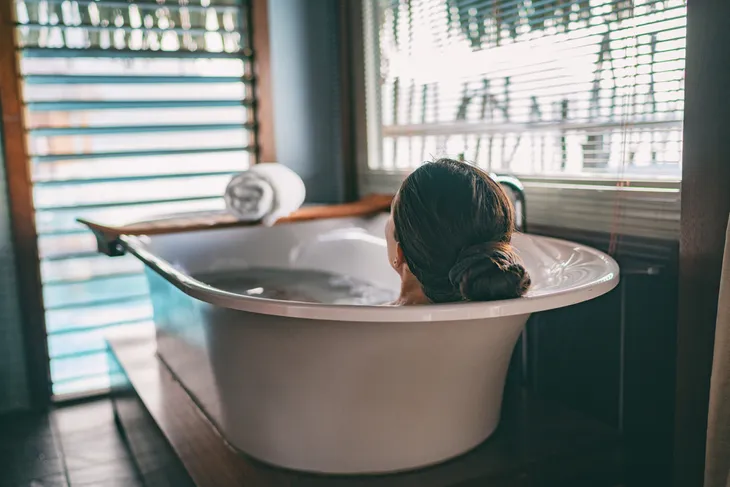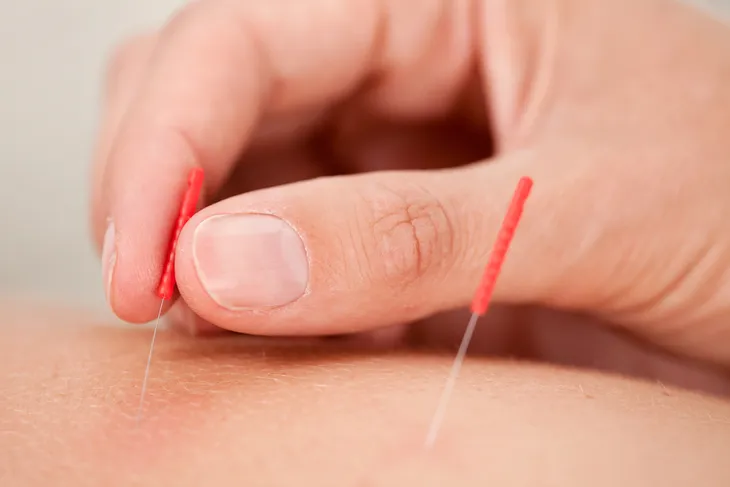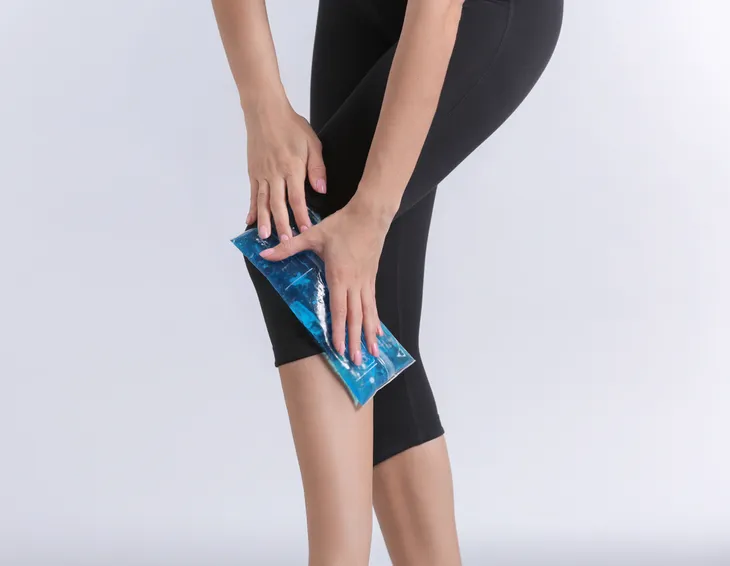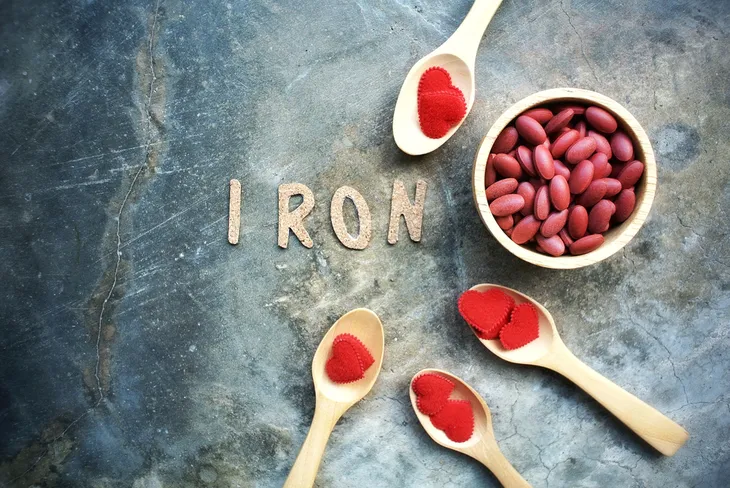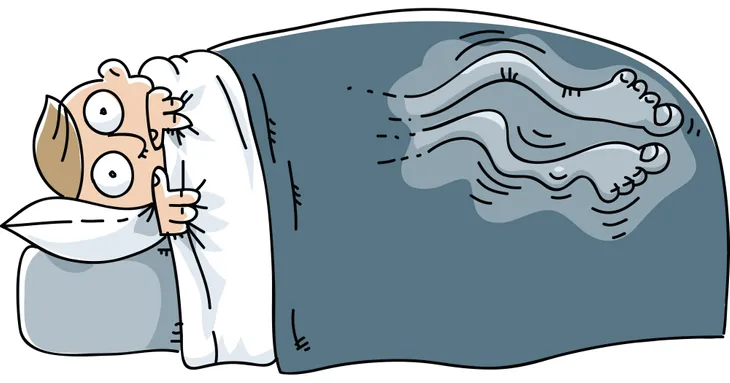Blue light, Netflix, kids, stress, caffeine… as if our bodies don’t have enough hurdles to getting a good night’s sleep, add your own legs to the equation. Restless legs syndrome (RLS) plagues countless Americans (and their spouses) on a regular basis.
So, what exactly is restless legs syndrome, and what are you supposed to do about it? Today, we’re going to take an in-depth look at restless legs syndrome and offer up a few practical, at-home treatments for this insidious condition. Let’s go!
What Is Restless Legs Syndrome?
It can begin at any age, and there is no known cure. But what exactly is RLS? Medically referred to as Willis-Ekbom disease, restless legs syndrome is a medical condition that causes discomfort, and an uncontrollable urge to move your legs when sitting or lying down.
The symptoms often worsen after you’ve been sitting down or lying still for an extended period, and they can sometimes be relieved with movement. The sensations can be difficult to describe too, with many reporting feelings of crawling, creeping, pulling, throbbing, aching, and itching sensations. Worse still, doctors don’t always understand its cause. Thankfully, it can be treated with a few effective home cures. Let’s take a look at these next!
Exercise
Getting up and getting moving can positively impact anyone trapped in a sedentary lifestyle. It reduces stress, improves sleep, builds confidence, and improves the symptoms of restless legs syndrome. At least according to that randomized, controlled trial.
According to the trial, the exercise group noticed a significant improvement in just 12-weeks, using a combination of lower-body resistance training and aerobics. You don’t need to dedicate all of your downtime to CrossFit either. In fact, a lot of really effective stretches and exercises can be done at home, and even sitting down!
Yoga and Stretching
One specific type of exercise that may be particularly beneficial for RLS sufferers is yoga! One study examined 10 women for 8-weeks and found that yoga helped reduce their RLS symptoms. It also helped improve their mood and stress levels, which can also contribute to improving their sleep.
Healthline says, “Another study showed that stretching exercises made significant improvements in the RLS symptoms of people on hemodialysis.” So, if you suffer from RLS, it’s worth it to give yoga or general leg stretches a try!
Stress Relief
The origins of RLS are muddy. Which blurs the standard cause and effect chain and leads to confusion for both patients and doctors. The same can be said for its connection to stress. We simply don’t know if heightened levels of stress cause RLS, but we do know that lowering stress levels may improve symptoms.
Take time for yourself, take days off, escape with a book. Stress may not be the underlying cause of your RLS, but doctors agree that stress most definitely makes it worse. Don’t be afraid to take time for yourself, unwind, and de-stress.
Avoid Caffeine
Do you start your day with a cup of coffee? Perhaps you grab another cup or two throughout the day whether it’s from a force of habit or because you really need the pick me up! Regardless of your reasoning, if you suffer from RLS you should consider cutting back on caffeine.
Caffeine is a stimulant that can not only interfere with your sleep but it may also trigger RLS. So with this in mind, try avoiding caffeine-containing products (coffee, chocolate, tea, soft drinks) and see if your symptoms improve.
Acupuncture
The thought of a handful of tiny injections inspires some to run for the exits, but the practice of acupuncture has stood the test of time because it really does work.
This study shows positive results on the effect of acupuncture on sensory symptoms and motor signs in 2 patients with restless legs syndrome. It may not work for everyone, and more research needs to be done, but acupuncture seems to offer a promising and safe alternative to pharmacotherapy for RLS sufferers.
Massage
Regular massage therapy treatments can improve blood circulation, lower blood pressure, and improve the circulation of lymph fluid in your body. It also reduces stress, aids muscle recovery, reduces muscle tension, and increases joint mobility and flexibility.
If restless legs syndrome is keeping you up at night, seek out a doctor’s referral for massage therapy. Your health insurance or employer may even cover the cost. And even if you have to pay out of pocket, a monthly trip to a massage therapist can pay dividends now and as you age.
Weighted Blanket
Weighted blankets have become very popular in recent years, and for good reason. They’re renowned for their ability to help relieve stress and improve sleep but as it turns out, they may also help relieve your RLS symptoms.
The Cleveland Clinic says, “A weighted blanket can offer a constant but gentle counter-stimulation to override the feeling of restless legs.” But that’s not all, RLS may be connected to anxiety and weighted blankets may help relieve anxiety, which in turn, may help relieve your RLS symptoms too.
Temperature Changes
Many turn to popular over-the-counter hot and cold compresses and creams to alleviate their nighttime discomfort. Soaking in a hot bath can work, as can a liberal application of ice packs. There’s no one way to apply it, and neither works better than the other on the whole.
Which temperature option you choose is entirely up to how your body responds! If you find that warmth exacerbates your symptoms, try a cold compress. If cold compresses fail to provide you with relief, give warmth a try.
Iron Supplements
The most consistent finding in RLS sufferers is an iron deficiency. Though the science behind why iron deficiency often leads to restless legs syndrome remains shrouded in mystery, the link is there, as are its fixes.
Studies have found that iron supplementation can reduce the symptoms of restless legs syndrome and even limit their reliance on other, RLS medications. If you suffer from RLS-induced sleepless nights, consider reaching out to your doctor, and testing for an iron deficiency. Consulting a professional is always preferable to self-diagnosis and self-medication.
Foot Wrap
A foot wrap, called Restiffic, may help relieve your RLS symptoms. It works by applying pressure to certain points on the bottom of your foot which helps your muscles relax.
Healthline explains the Restiffic foot wrap is available by prescription only and costs about $200. Talk to your doctor to find out if this is a good option for you. You can also contact your health insurance to find out if you’re covered.
Tips for Coping
Managing your symptoms of RLS can be frustrating but thankfully some of these home remedies may be able to help. That said, it’s important to track your results with each remedy to find out which helps you the most.
Keep a diary to track how your symptoms improve (or don’t improve) after trying each remedy. If none of these strategies are effective, your doctor may recommend medication. Let’s take a look at these next.
Medications for Restless Legs Syndrome
In some cases, your doctor may recommend medication for RLS. While medication won’t cure RLS, it can help you manage your symptoms and decrease motion in your legs.
Some possible medications include pramipexole (Mirapex), rotigotine (Neupro), and ropinirole (Requip). Keep in mind, just like all medications there are potential side effects such as nausea and mild lightheadedness. Work with your doctor to determine if this is the right route for you.
The Takeaway
Symptoms can range in severity, though a lot of RLS sufferers never seek medical advice from their family practitioner. Restless legs syndrome doesn’t lead to other serious conditions, which should help ease at least some psychological comfort.
You may be forced to deal with RLS for the rest of your life. That’s not to say that you shouldn’t try out our effective home cures. They may not work for you, but reducing stress, exercising, massage therapy, and supplementation are all positive changes that should benefit every area of your life moving forward.
